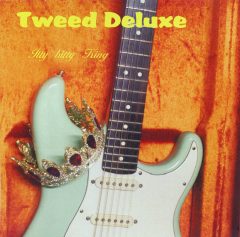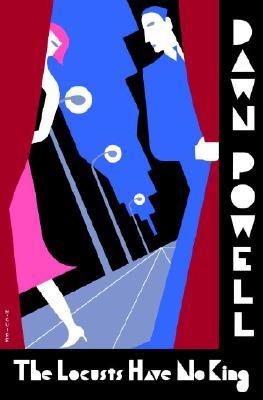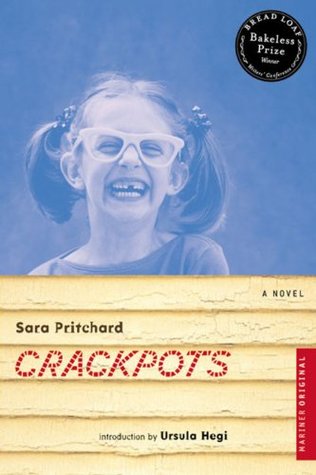 Elvis Costello did some fine work after the triumph of Imperial Bedroom, most notably with Spike and especially with When I was Cruel. The songwriter was nearly as strong as anything he’s done before ,although it wouldn’t be a long wait for what we could call the decline of Costello’s quality, both in his craft and his conviction toward the material. It merits saying that Costello's best writing spell came early on in that marvelous string of albums he had, an extended, multipart set of rants of genuine anger, rage, self-pity. Murderous self-centeredness was his main concern, and he had a peculiar genius for making it profound, or at least evocative, vaguely, of one's own set of unmentionable quantities of explosive self-regard.
Elvis Costello did some fine work after the triumph of Imperial Bedroom, most notably with Spike and especially with When I was Cruel. The songwriter was nearly as strong as anything he’s done before ,although it wouldn’t be a long wait for what we could call the decline of Costello’s quality, both in his craft and his conviction toward the material. It merits saying that Costello's best writing spell came early on in that marvelous string of albums he had, an extended, multipart set of rants of genuine anger, rage, self-pity. Murderous self-centeredness was his main concern, and he had a peculiar genius for making it profound, or at least evocative, vaguely, of one's own set of unmentionable quantities of explosive self-regard. He was close to how we understand the world punk to mean as a personality type, not a musical style one dons as if it were an overcoat or comfy pajamas. Rather, he was a punk in bang never satisfied, feeling continually and universally betrayed. What made him seductive to an audience, seemingly equal parts men and women, was his ability to manage and modulate the degrees of bile he'd wish to spill; clever with craft, he could switch up points of view, confuse gender for more complex readings, be scathingly satiric , become lyrical and soft-hearted. This element, this mastery of many pop music styles, from rockabilly right up to punk rock itself, made his foul cosmology attractive, artful. And he could convey feeling, genuine emotion, or at least seem as if he was doing so. Costello could sell it.
Trust, however, was pretty much irredeemable--after a good run, the songs sounded second string, discards, unmemorable B sides. Worse, his vaunted lyric writing lapsed into the incoherent. Imaginative associative leaps--succeeding stanzas that seem to address things and places unrelated to the verse before it but still provide a poetic sense of something only slightly obscured by simile and allusion--became references so private, images, and codes so private that it seemed not the testament of a poet bringing the senses together for an enlarged perception of things gone sideways than it did a species of private jokes that made their way from the notebook to the printed lyric sheet. And melodically, little on this disc is memorable. Trust was an album by rote construction, a listless, unconvincing make work project. EC did, of course, make two additional albums after Imperial Bedroom that rank, in my view, with this best work, Spike and When I Was Cruel. But the writing was on the wall, as the more styles EC took on, from New Orleans jazz and funk, country and western, classical, an assortment of avant gard noise construction and Bacharach inspired pop, the less convincing, which is to say less compelling he became.
Even Painted from Memory, his collaboration with Bert Bacharach, which should b supercharged with EC's adroitness as a lyricist and Bacharach's demonstrated genius for sprite pop with sophisticated turns and fresh, oddball hooks, was mostly studies in mid-tempo amorphousness, broad, off center piano chords, achingly swallowed word salad, and Costello continually hitting for that thin, adenoidal high note that wears out its formerly effective existence. Both men seemingly forgot, or at least stayed away from the very strengths that might have made that record compelling; these two gents, but Costello especially, set out to make art music, serious stuff. Costello is the artist who has changed over his career, a man who has expanded his range of expression. Said another way, Costello has expanded , not grown, added to his musical palette without seeming to understand or display a feel for the styles he has assumed album to album.








